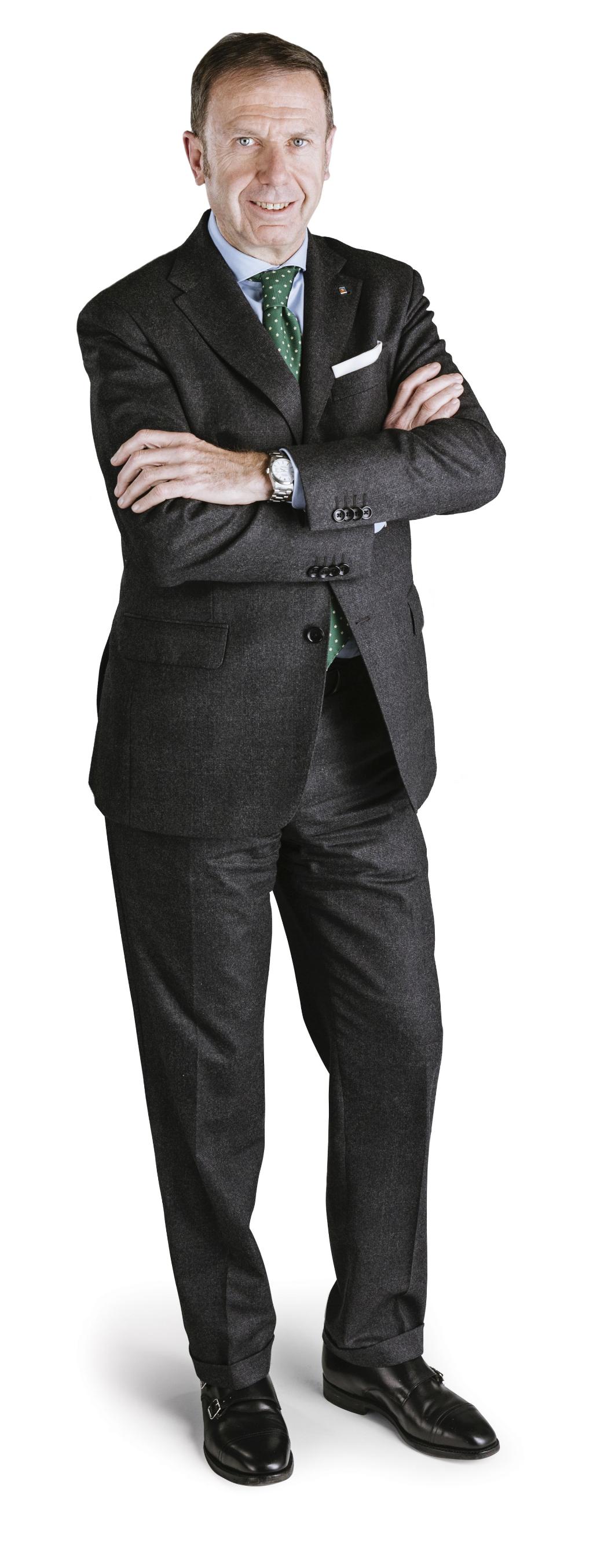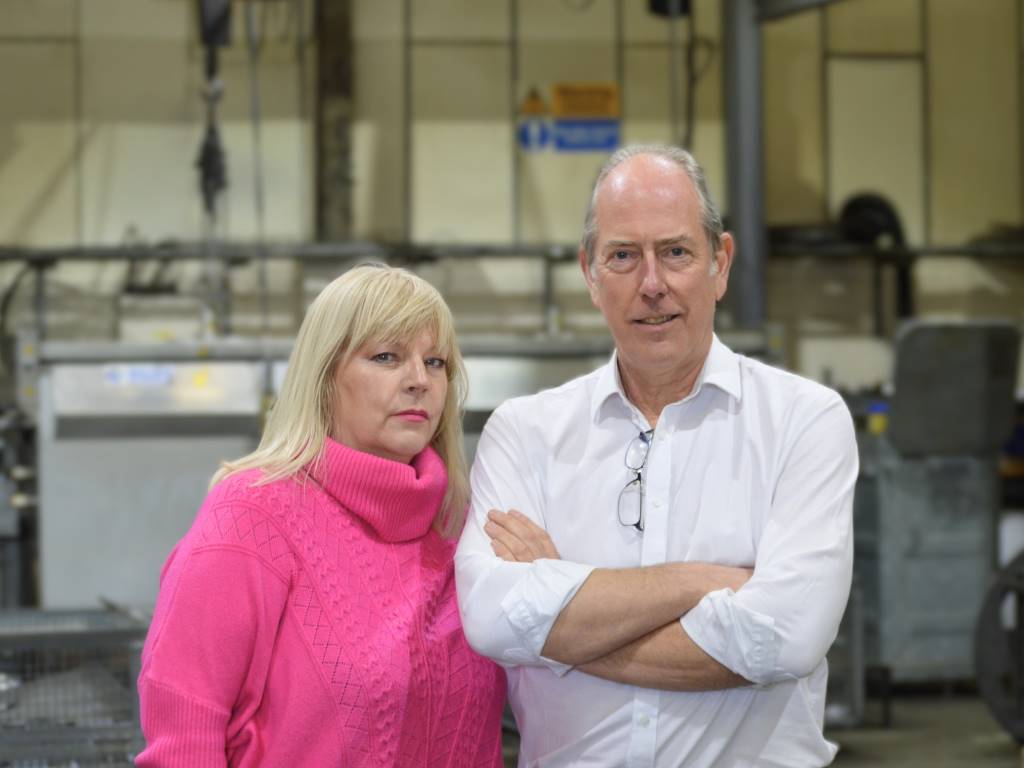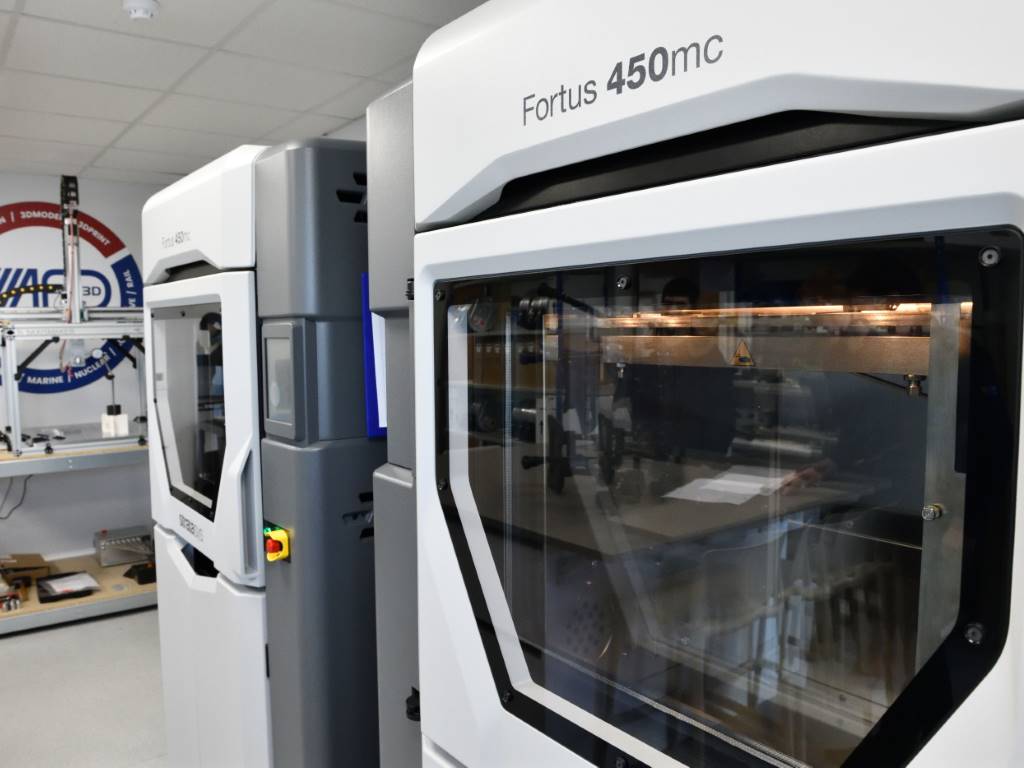June cover story: Four decades of Italian innovation

The history of Prima Power and its transformation from a small engineering start-up to a world-class manufacturer of laser and sheet metal machinery spans 40 years. At a recent customer event held at the company’s Headquarters and Technology Centre (HQTC) in Turin, Italy – attended by more than 150 people – the company celebrated this chronological milestone with the unveiling of a brand-new 3D fibre laser cutting machine – the Laser Next 2141. Dave Tudor reports.
For 1,800-employee Prima Power (Prima Power is the machinery division of the Prima Industrie Group), such a long history means deep experience across different technologies and industrial applications. 2017 was a shining year for the Italian manufacturer as it celebrated its best year ever with sales topping €450 million. Breaking this down, the group saw a 14% increase in revenues, an 18% increase in order intake, and perhaps most importantly, an impressive 83% increase in profits.
In terms of its size, Prima Power seems to have got the balance between technical excellence and exemplary levels of customer care just about right. This is clearly a business that thrives on working closely with its clients – 490 people are employed in customer care, offering global support in service, applications and product training. Equally as important, 15% of staff are employed in R&D roles and 5-6% of revenues are re-invested into this area. Prima operates eight manufacturing plants across three continents – five in Europe (four in Italy and one in Finland); two in the US (Massachusetts and Minnesota) and a single plant in China.
Additionally, there are branches and subsidiaries in 28 countries worldwide – including a facility in Coventry, headed up by Fabrizio Barberis, general manager, UK & Ireland and Dan McGinty, general manager, sales, UK & Ireland. Globally, including distributors and agents, Prima has a presence in more than 80 countries.
Centre stage
But the undoubted star of the show taking centre stage in Turin was the new Laser Next 2141 3D fibre laser machine – a development that reflects the company’s expertise in this particular field: “We introduced the world’s first 5-axis laser cutting robot way back in 1978,” Prima Power’s managing director, Ezio Basso recalls. “Today, sales of 3D lasers represent more than 25% of total group revenues.”

But whilst the prolific development of 3D lasers is deeply interwoven into Prima Power’s DNA, it would be remiss to neglect the rest of its comprehensive, wide-ranging portfolio which includes: 2D laser machines for cutting, welding and drilling; punching machines, combined punching/laser and punching/shearing systems; press brakes; panel benders; bending centres and Flexible Manufacturing Systems (FMS’). Notably, Prima is a pioneer in servo-electric punching and bending systems. Under its ‘Green Means’ policy, all press brakes and bending machines are 100% electric rather than hydraulic.
The Laser Next 2141 3D fibre laser machine is designed and developed from the ground up to satisfy the needs of stamped-metal part manufacturers in job shops and press shops across a diverse range of industrial sectors including aerospace, agricultural, and automotive. It offers total flexibility in terms of processes, part sizes, and configurations, combined with high performance, quality and accuracy.
The 2141 is the latest addition to Prima’s 3D fibre laser machine range and joins the existing 1530 and 2130 models, designed for automotive applications, in the Laser Next family. At 4,140 x 2,100 x 1,020mm, Prima claims the 2141’s working volume (8.8m³) is the largest on the market, yet at 35m², its footprint is extremely compact. The machine is suitable for virtually all 3D stamped and flat sheet metal part sizes and its technological features allow it to process both 3D and 2D parts and to switch effortlessly from cutting to welding applications.
“The Laser Next series of machines is very well established,” Mr Basso explains. “We have 300 installations globally which equates to three million operating hours, 200 million turntable operations, 200 million manufactured parts and a staggering two billion holes. Laser Next machines are the ultimate in speed, accuracy and reliability.”
Driving up dynamics
Linear motors on the 2141’s main axes ensure speed, accuracy and reliability and the direct drive on the focusing head in conjunction with advanced control systems, provide, according to Prima, the highest dynamics in its market segment with 120m/minute axis speeds in X, Y and Z and a trajectory speed of 208m/minute.

The fixed table standard version makes efficient use of the sizeable working envelope to process large parts, offering excellent accessibility from all sides. With the split cabin configuration, the working area is separated by a removable wall and a sliding roof into two halves, where the parts can be safely loaded/unloaded and processed separately. In this way, machine productivity is optimised, but when larger parts need to be processed, the wall can be removed to restore the entire working envelope.
For the fastest part handling operations without machine stops (cover time operation), the turntable configuration is available. This is the ideal solution for large-series production of medium to large-size parts.
The shuttle tables version allows the fast and automatic movement of parts and fixtures outside the working area, where large and heavy parts can be handled more easily.
Laser Next 2141 is equipped with either a 3 or 4kW Prima Power fibre laser – Prima develops and manufactures its own laser sources in-house – featuring high reliability, quality pumping diodes, protection against back reflections, a patented highly-reactive electronic shutter, and easy system integration.
Encompassing digital manufacturing, cloud-based communication and data collection, the 2141 is Industry 4.0 ready. The machine interacts with the factory, the enterprise and the customer; users have the capability to remotely monitor, control, and oversee the entire production process. At the Turin event, Ivana Montelli, product software manager at Prima, demonstrated this reporting capability live, via an app on her mobile phone.

An important differentiator with Prima, as previously mentioned, is the fact that it develops its own high-powered fibre laser sources in-house. “This began several years ago with the introduction of the CF3000 laser,” Mr Basso affirms. “We then introduced a 4kW version – the CF4000 – and we have plans to develop a 6kW source by the end of the year. However, we still maintain a healthy, longstanding partnership with US-based IPG Photonics who continue to supply 50% of the lasers used on our machines. We have no plans to change this arrangement because it means we can be completely flexible in terms of fibre laser design.”
UK expansion
Closer to home, when the HQTC in Turin first opened two years ago, Dan McGinty had just been appointed General Manager Sales for the UK and Ireland. Since then, the UK operation with its showroom in Coventry has expanded significantly.
“We now have three machines permanently on display in Coventry – a 6kW Platino fibre laser, a Punch Genius turret punch press with a Compact Express automation system and an eP series servo-electric press brake, and we’ve doubled its size,” Mr McGinty advises.
“We also adopt what we believe to be the best engineer to customer ratio in the business. One engineer geographically serves a maximum of 10 machines; once the eleventh is sold, we employ another person. Also, our engineers are multi-skilled and are equally as well-versed on lasers as they are on press brakes or punches. Currently we have 11 engineers covering the UK. We seem to be moving away from customers simply buying machines; the trend now is more about providing a complete solution and that’s where Prima’s depth of knowledge and expertise really comes to the fore.”
Packing a punch
No-one can deny the impact that fibre lasers have had on the industry over the past few years, and for good reason. When compared to CO2, they have no moving parts, have lower maintenance costs, are easier to operate, exhibit greater efficiency and are especially good with thinner materials and reflective metals.

But now the furore has subsided somewhat, Mr McGinty is reporting higher sales in punching machines: “I think where companies channelled most of their investment into fibre machines, punches were largely overlooked, but you can’t form on a laser,” he says. “What we’re seeing more of now is a rise in sales of combi laser/punching machines, where the laser is effectively used as a ‘tool’ just on the outside profiles.
“Interestingly we’ve also sold two CO2 machines this year. Many of our competitors are no longer manufacturing CO2 lasers, but for this particular customer and his application it was the best solution. In this business it really is horses for courses.”
On the new Laser Next 2141, Dan McGinty is optimistic that the new kid on the block will prove popular with UK clients: “I think automotive customers in particular will find the ability to produce complete car body sides in one hit very appealing,” he concludes. “It’s unlikely we’ll have a model installed in Coventry but Turin is only a couple of hours away. Customers are welcome to bring their parts over. I can guarantee there’s no answer they won’t get and no demo they won’t see. We take immense pride in solving problems for our customers. Their success means our success.”
Prima Power www.primapower.com














